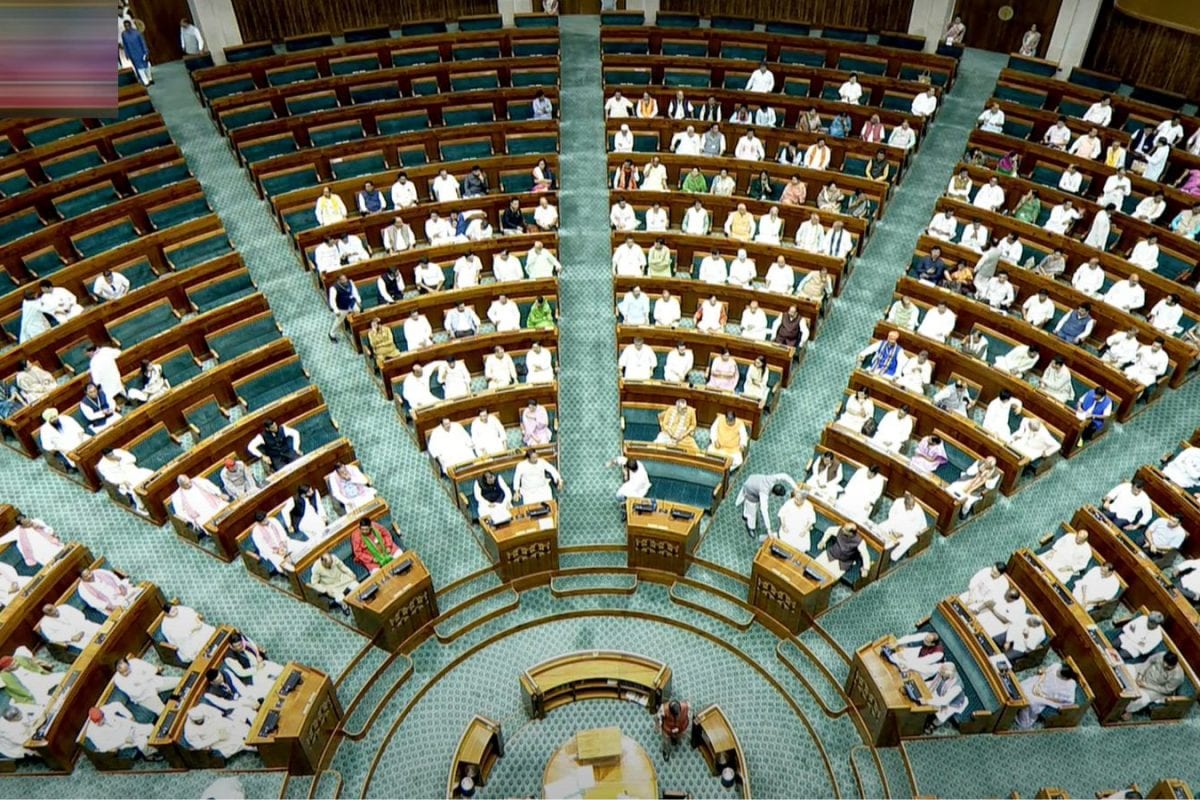

In a potentially groundbreaking move, the Indian Parliament is poised to consider legislation that could significantly alter the landscape of political accountability. Union Home Minister Amit Shah is set to introduce three key bills in the Lok Sabha on Wednesday, August 20, 2025, that propose the removal of the Prime Minister, Chief Ministers, and other ministers if they are arrested and detained for 30 consecutive days on criminal charges.
The proposed bills, namely The Constitution (130th Amendment) Bill, The Jammu & Kashmir Reorganization (Amendment) Bill, and The Government of Union Territories (Amendment) Bill, aim to establish a legal framework where a sitting PM, CM, or minister can lose their position if they are detained for 30 days over an offense carrying a jail term of five years or more. The bills target Articles 75, 164, and 239AA of the Constitution, along with Section 45 of the Government of Union Territories Act, 1963, and Section 54 of the Jammu and Kashmir Reorganisation Act, 2019.
Currently, Indian law allows ministers to continue in their positions even after arrest by central agencies, a practice that has faced increasing criticism. While the detention of a sitting PM is considered unlikely, some argue that the new law could be misused by the opposition to remove important ministers or CMs by detaining them. However, the government asserts that elected officials are expected to act in the public interest and maintain a character beyond suspicion, and that ministers facing criminal charges can hinder good governance.
According to the proposed Constitution Amendment Bill, a new clause 5(A) would be added to Article 75, stating that a minister arrested and detained for 30 consecutive days on an offense punishable by imprisonment of five years or more "shall be removed from his office by the President on the advice of the Prime Minister". A similar clause dictates that a PM under the same circumstances would be expected to resign by the 31st day, or cease to be the PM. The same provisions would apply to CMs and ministers of states and Union Territories. For Union Territories like Jammu and Kashmir, the Lieutenant Governor would be responsible for removing a Minister or Chief Minister on the Chief Minister's advice if they are detained for 30 consecutive days.
Despite the stringent nature of these proposed measures, the bills also suggest that a dismissed minister, CM, or PM can be re-appointed after their release from custody. Union Home Minister Amit Shah may also move a motion to refer these bills to a joint committee of Parliament, as they are expected to face strong opposition.
The implications of these amendments have stirred considerable debate. Some legal experts argue that these bills could violate natural justice and be used to target the opposition. Others, like Abhishek Manu Singhvi, a senior lawyer who has represented figures like Arvind Kejriwal, have criticized the bills as a "total violation of the national process of justice" and a tactic to target the opposition. Conversely, it's argued that the bills are necessary to maintain public trust and ensure that those in positions of power are held to the highest standards of accountability.